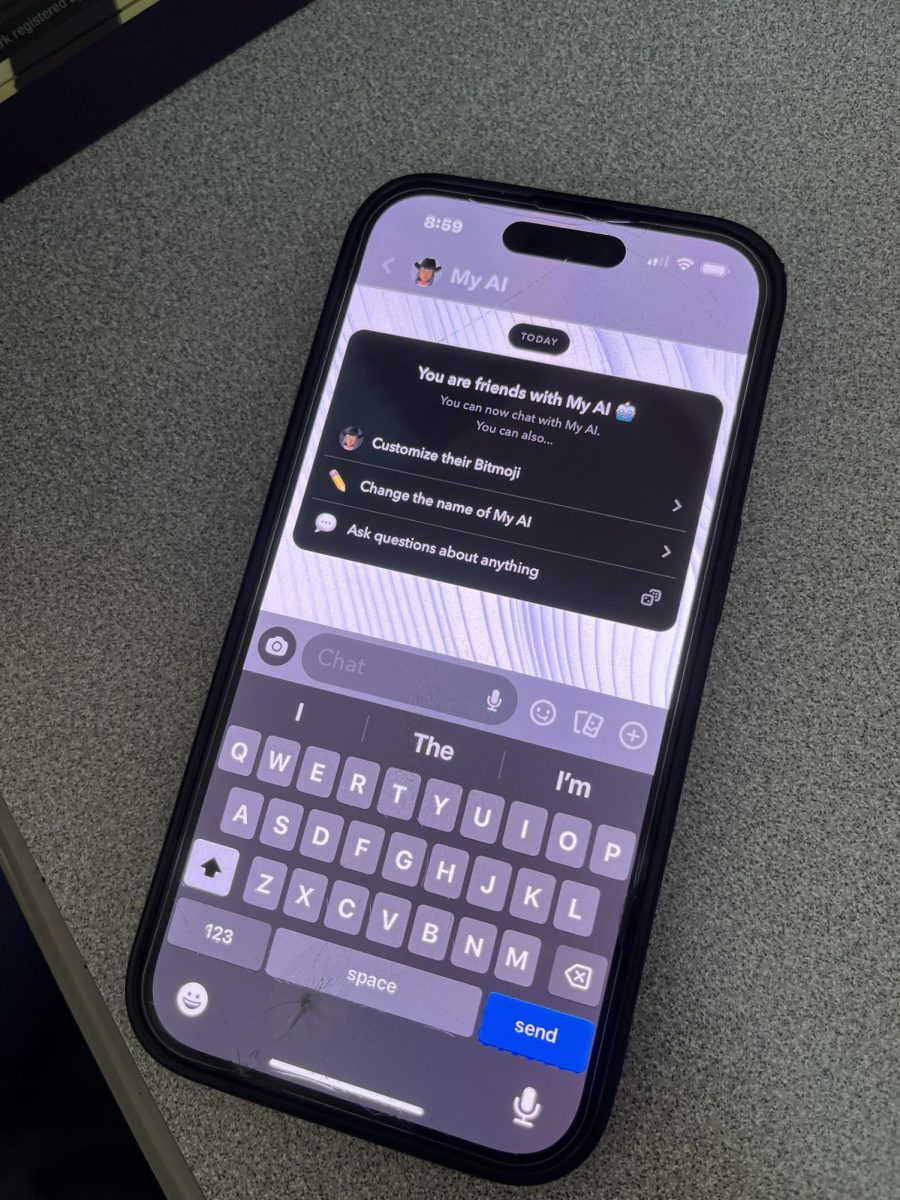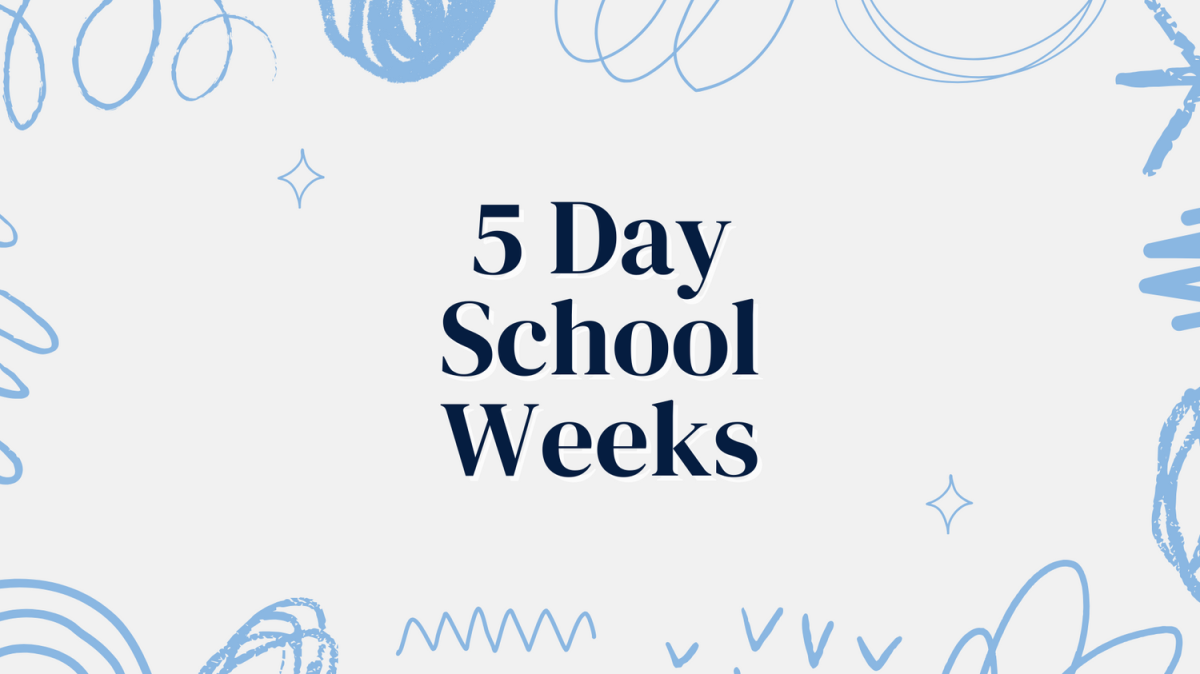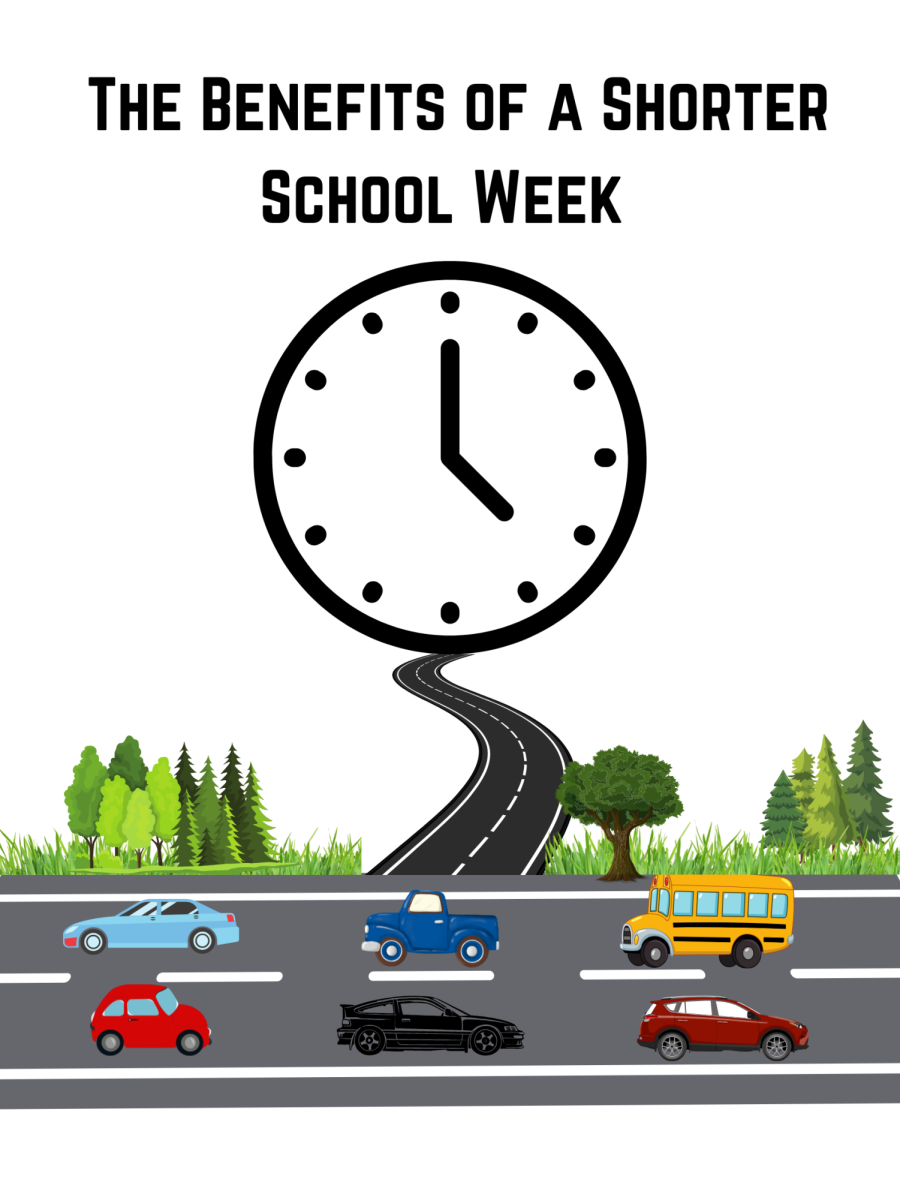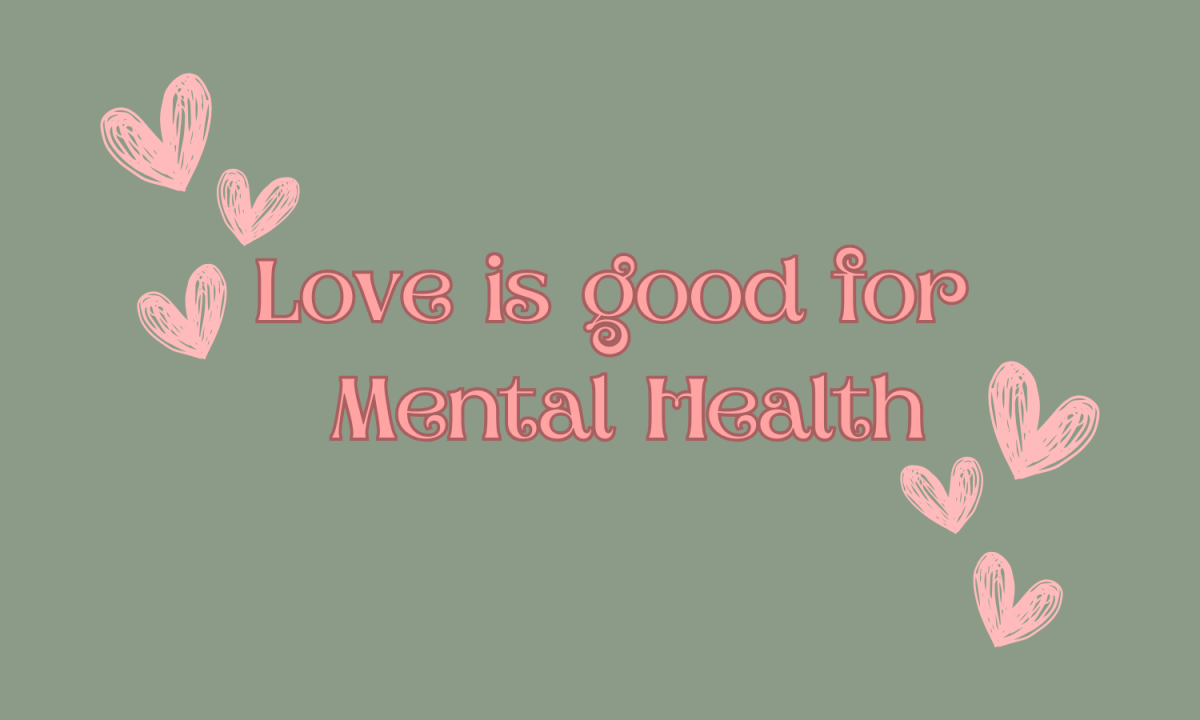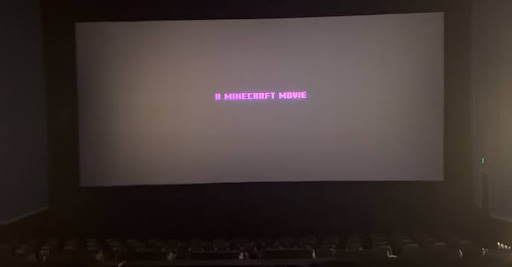Artificial intelligence (AI) has the ability to create ideas and mimic human intelligence. Teachers and students have the opportunity to use AI, however the use can be abused.
AI can help with many things, such as generating assignments and projects, but this can have a negative impact on students. According to Moonpreneur.com, AI leads to possibilities of a decrease in critical-thinking and problem solving skills. School is meant for students to learn and to think for themselves rather than relyon outside sources. Other forms of intelligence that are not the student’s own can be adverse in the long run.
“In our practical lives some things are supposed to be hard. They’re supposed to be tough. We’re not supposed to always look for the easy way,” English teacher Brett Mead stated. “And I see a generation of human beings that want to put 20% of the effort in but get 80% of return, and that’s just not how things work.”
Not only can AI negatively affect students, but it also affects teachers.
“When I find it, it now becomes a conflict between me and them,” English teacher Megan Ake said. “And that’s tough; that doesn’t feel good from a relationship perspective with kids to accuse them of turning in work that wasn’t theirs, and to have to have that conversation.”
Students who use AI may submit an assignment that is not fitting the rubric or the requirements, which is why it is important to use AI properly. English teacher Heather Mulligan is a user of AI, but she ensures her students are also using their individual knowledge and skill on assignments.
“We could start by saying ‘what would make this better?’ Because we can almost always make AI better,” Mulligan said.
Even though AI may have some benefits such as getting tasks done quickly, it is not an effective way to get through school ethically.
“Academics is about the pursuit of knowledge— an individual’s knowledge— an individual’s ability to then apply that knowledge, which becomes measurable intelligence,” Mead said. “And if we look for another, whether it’s a person, or if it’s an artificial intelligence, to think for us, that’s the greatest danger that we could possibly embrace.”
AI can assist, but it should allow room for students to generate their own ideas and thoughts, which will help their education in the future.

